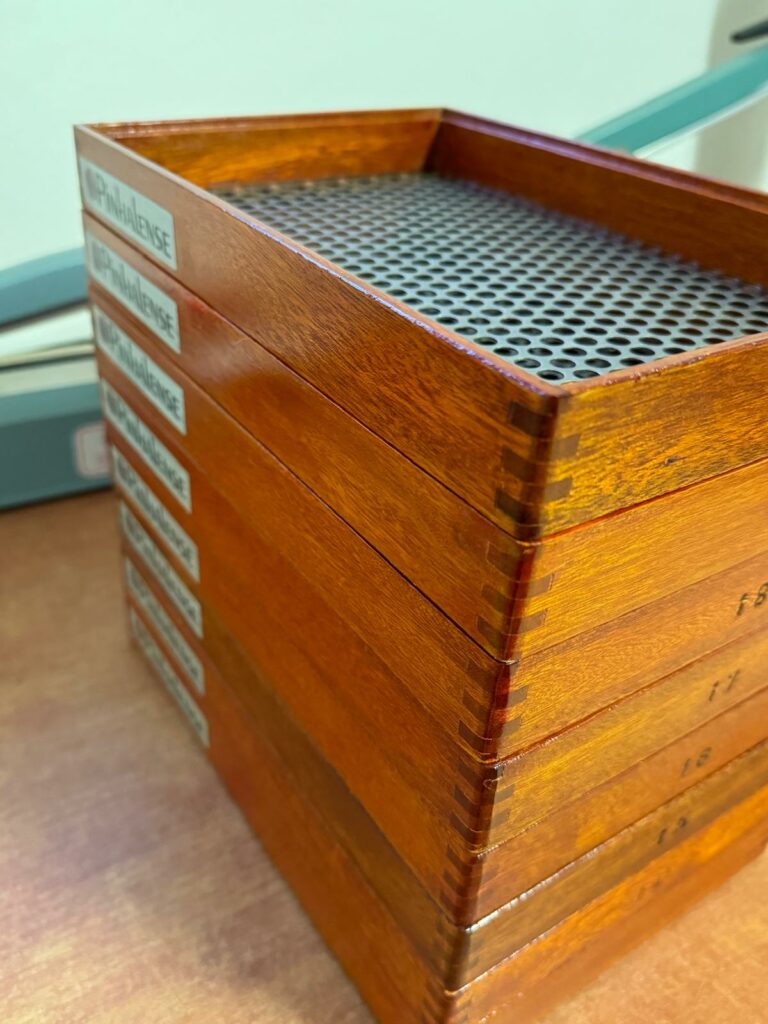Basically, fermentation is a chemical reaction, it is a change that happens when you mix sugar and water – and coffee cherries are full of both. And so, just after the cherries are picked, the fermentation process will start.
Fermentation can improve the coffee’s taste or ruin it. It is just a matter of how you deal with it.
Fermentation is performed on post-harvest coffee processing. It can happen in one of two ways:
Aerobic:
This is what happens when oxygen is available. Engineering this kind of fermentation is simple: the recently picked cherries are put in a tank or a barrel and then the microorganisms will work. Time and temperature are checked time to time.
Anaerobic:
In this case, coffee cherries/beans are laid in a tank (before or after pulping) and covered in water. That allows different microorganisms to work.
In both Aerobic and Anaerobic, there are several ways to boost the fermentation, which may result in different nuances, it can be added fruits, fruit skins, yeast extracts, dried yeast, and certain beverages like beer, wine, and rum, among others. There are plenty of procedures to ferment coffee and each one of them can raise the quality of the coffee.
The difference between Aerobic and Anaerobic is that the second one is more homogeneous and easier to monitor whereas the first one is the opposite and harder to monitor.
Biology
During coffee fermentation different biochemical processes take place, in which the enzymes produced by the yeasts and bacteria present in the mucilage ferment and degrade its sugars, lipids, proteins, and acids, and convert them into alcohols, acids, etc. The substances formed might alter the aroma, color, acidity, and composition of the substrate (mucilage) of the coffee beans.
Above all, this is how the fermentation process amplifies distinct flavors, which turn into exotic coffee, refining the sweetness, acidity, and body, but also adding distinguished sensorial notes, like fruits, caramel, and chocolate, among others.
Pulped beans with mucilage via underwater fermentation usually emphasize acidity and aroma and dismiss some astringency.
But as the process can improve the quality of the coffee, it can also lower its quality, thus the producers need to be careful, as an over-extended fermentation time can be linked to a substantial loss of sensory quality, attributes like acidity, body, and sweetness can be significantly diminished.
Fermentation factors
Fermentation results can be influenced by some factors, such as:
- Quantity, quality, and variety of coffee
- Amount of coffee pulp and mucilage (there can also be differences in the quality of the pulp in the different cultivars)
- Temperature and time
- Water quality and hygiene of the site
- pH
Benefits of the fermented coffee
Besides the benefits of the taste of fermented coffee, there are interesting benefits to human health. You might think that, since the coffee is fermented, it would have probiotics (the good bacteria that help your digestive system) like yogurt. However, as the fermentation process in coffee occurs before beans are roasted, all the probiotics present after the fermentation are eliminated during the roasting process. So, let’s go to four other benefits:
- Easier to digest
Fermentation transforms many hard-to-digest substances into simpler molecules that our bodies can handle more easily. It also has a lower concentration of certain chemical compounds associated with gastrointestinal discomfort, which makes it easier to digest than regular coffee.
- Cleaner and safer
Specific microorganisms used in fermentation inhibit the appearance and growth of fungus in the beans, making them last longer and ensuring a cleaner and safer drinking experience.
- Aroma
By controlling fermentation conditions, it is possible to improve the aroma of the coffee and lower the bitter off-notes.
- Fewer Tannins
Tannins are naturally occurring chemical compounds, known as polyphenols, found in many plants, such as coffee plants, tea, and wine, among others. Tannins turn your teeth yellow due to their unique chemical structure. However, fermented coffee has significantly lower levels of Tannins, drastically reducing the harm done to your teeth and consequently maintaining your beautiful smile.



